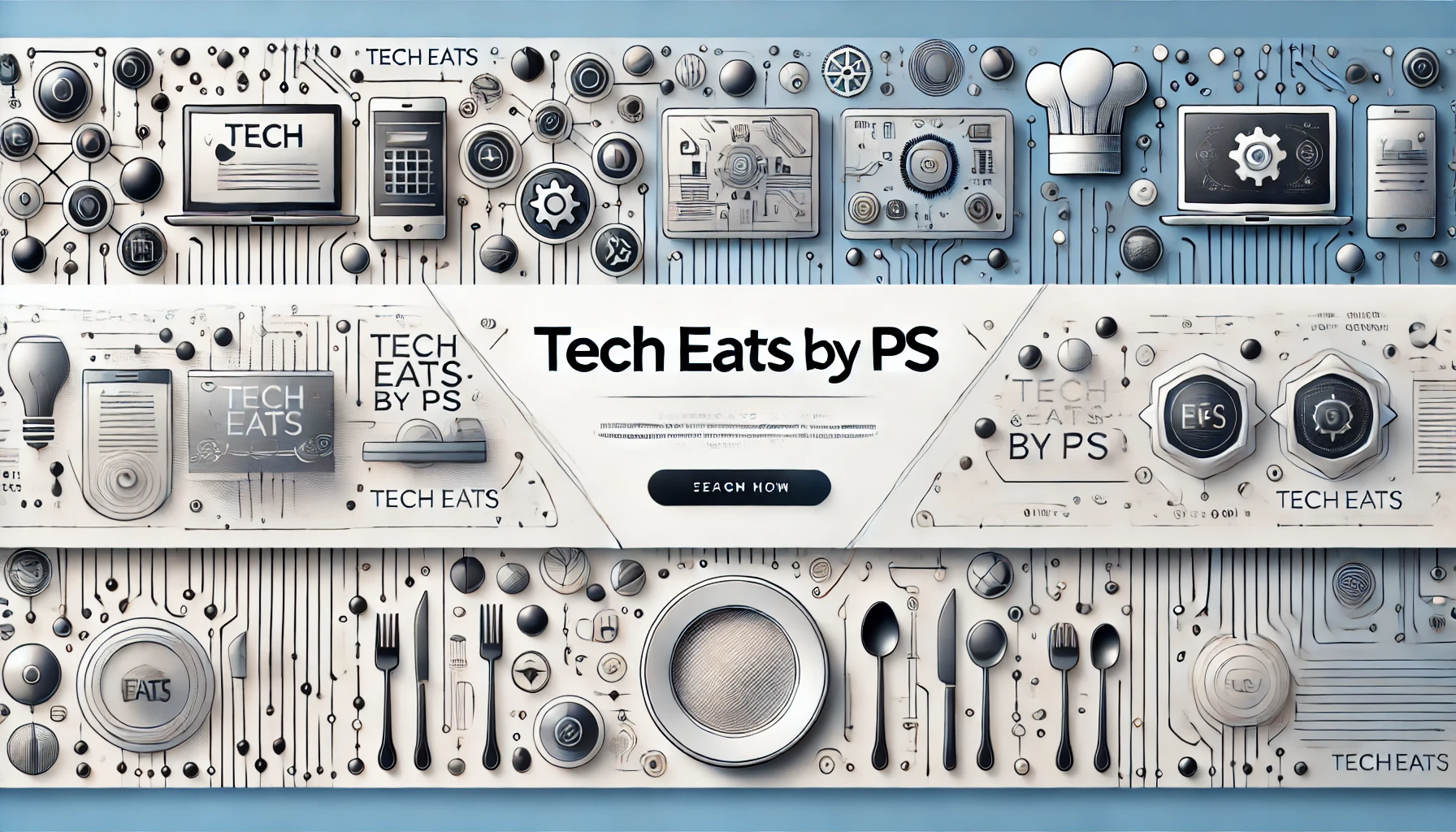Introduction
Food safety is a global concern, with contamination and spoilage leading to health risks and economic losses. With advancements in Artificial Intelligence (AI), the food industry is now leveraging smart technologies to ensure safer food from production to consumption. This post explores how AI is transforming food safety at every stage—from farm to fork.

1. AI in Agriculture: Ensuring Safe Raw Materials
AI-powered computer vision and predictive analytics are helping farmers detect diseases and pests in crops before they spread.
Key Innovations:
- AI-driven drones and sensors monitor crop health and soil conditions, reducing the risk of contamination.
- Automated sorting systems identify and remove diseased produce, ensuring only safe ingredients enter the food chain.
- Machine learning algorithms predict outbreaks of plant diseases, helping farmers take preventive actions.
Example: AI-based systems like Plantix help farmers diagnose plant diseases and recommend treatments, reducing the use of harmful pesticides.
2. AI in Food Processing: Enhancing Quality Control
During food manufacturing, AI ensures strict hygiene and quality standards through real-time monitoring.
Key Innovations:
- AI-powered cameras and sensors detect foreign objects or defects in food products.
- Automated food grading systems sort produce based on colour, shape, and texture, ensuring uniform quality.
- AI-based robotic arms handle food to reduce human contamination risks.
Example: Companies like TOMRA Food use AI-powered sorting machines to remove contaminated food from production lines.
3. AI in Food Packaging: Smart Labels for Freshness Monitoring
AI is revolutionizing food packaging with intelligent sensors and labels that monitor freshness in real time.
Key Innovations:
- Smart packaging sensors detect changes in temperature, humidity, and gas composition inside food containers.
- AI-based spoilage detection alerts retailers and consumers when food is nearing expiration.
- Blockchain integration with AI ensures transparent tracking of food quality from production to sale.
Example: Insignia Technologies has developed smart labels that change colour based on food freshness.
4. AI in Food Safety Inspections: Preventing Contamination
Regulatory bodies and food companies use AI for faster and more accurate food safety inspections.
Key Innovations:
- AI-powered image recognition detects microbial contamination in food samples.
- Machine learning models predict contamination risks based on historical data.
- Automated HACCP (Hazard Analysis and Critical Control Points) monitoring ensures compliance with food safety regulations.
Example: AI-driven tools like Inspecto can detect contaminants like pesticides and heavy metals in food within seconds.
5. AI in Retail & Consumer Safety: Reducing Food Waste & Enhancing Traceability
AI helps retailers and consumers make informed food safety decisions, reducing waste and improving traceability.
Key Innovations:
- AI-driven inventory management prevents overstocking and spoilage.
- AI-powered food apps provide personalized expiration reminders to consumers.
- QR code-based AI tracking enables consumers to check the entire journey of their food.
Example: IBM Food Trust uses AI and blockchain to track food origins and detect contamination sources quickly.
Conclusion
AI is revolutionizing food safety by preventing contamination, improving quality control, and enhancing traceability. From smart farming and AI-powered inspections to intelligent packaging, food safety is becoming more efficient and reliable.
Key Takeaways:
✔️ Artificial Intelligence reduces foodborne illness risks by detecting contamination early.
✔️ AI-driven automation enhances food quality and safety throughout the supply chain.
✔️ Smart packaging and AI monitoring help minimize food waste and ensure freshness.
As AI technology continues to evolve, the future of food safety looks smarter, safer, and more transparent than ever before!
🔗 Internal Link Suggestions (with anchor text ideas):
- AI and DNA-Powered Nutrition: Unlock Peak Health with a Personalized Diet
https://techeatsbyps.com/tech-driven-personalised-nutrition-and-diet-innovations-and-challenges/
2. Must-know How Technology Changing The Way We Eat
https://techeatsbyps.com/must-know-how-technology-changing-the-way-we-eat/
